People
Found 521 people
-
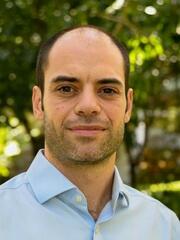 Dr Michael Abouyannis
Wellcome Academic Clinical Fellow
Dr Michael Abouyannis
Wellcome Academic Clinical Fellow -
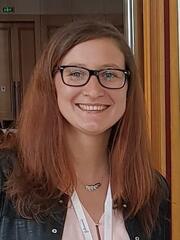 Valentina Actis Danna
Research Associate
Valentina Actis Danna
Research Associate -
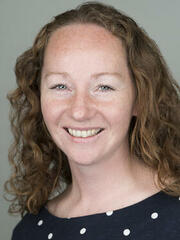 Dr Emily Adams
Reader in Diagnostics for Infectious Diseases
Dr Emily Adams
Reader in Diagnostics for Infectious Diseases -
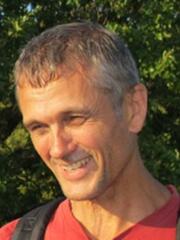 John Adams
Honorary Teaching Fellow
John Adams
Honorary Teaching Fellow -
 Dr Hugh Adler
Honorary Research Fellow, Department of Clinical Sciences, Liverpool School of Tropical Medicine and Specialty Trainee in Infectious Diseases, Liverpool University Hospitals NHS Trust
Dr Hugh Adler
Honorary Research Fellow, Department of Clinical Sciences, Liverpool School of Tropical Medicine and Specialty Trainee in Infectious Diseases, Liverpool University Hospitals NHS Trust -
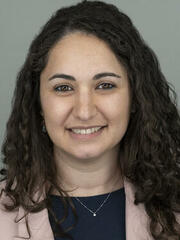 Dr Adriana Adolfi
Business Development Manager
Dr Adriana Adolfi
Business Development Manager -
 Dr Efundem Agboraw
Post-Doctoral Research Associate
Dr Efundem Agboraw
Post-Doctoral Research Associate -
 Dr Julie-Anne Akiko Tangena
Post Doctoral Research Associate
Dr Julie-Anne Akiko Tangena
Post Doctoral Research Associate -
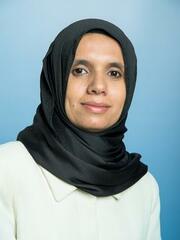 Dr Jamila Al Abri
PhD student
Dr Jamila Al Abri
PhD student -
 Laura-Oana Albulescu
Post-Doctoral Research Associate
Laura-Oana Albulescu
Post-Doctoral Research Associate